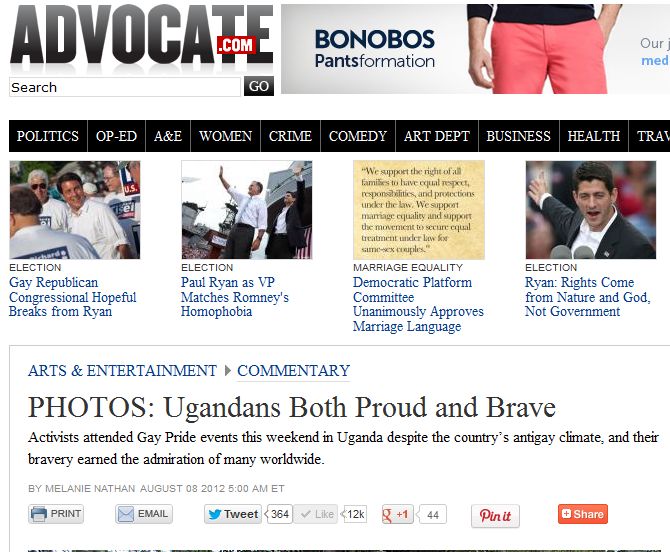By Melanie Nathan, April 17, 2013.
 The Supreme Court has ruled in Kiobel v. Royal Dutch Petroleum, a case that raised the question of whether corporations could be held accountable for human rights abuses and whether U.S. federal courts can hear claims arising from human rights violations committed abroad under the Alien Tort Statute.
The Supreme Court has ruled in Kiobel v. Royal Dutch Petroleum, a case that raised the question of whether corporations could be held accountable for human rights abuses and whether U.S. federal courts can hear claims arising from human rights violations committed abroad under the Alien Tort Statute.
The Center for Constitutional Rights, (CCR) which brought the ground-breaking case Filártiga v Peña-Irala, first launching ATS human rights litigation in 1980, released the following statement in response to the ruling:-
The Center for Constitutional Rights is deeply troubled by the Supreme Court’s decision to undercut 30 years of jurisprudence to limit U.S. courts’ ability to hear cases on human rights violations committed outside the United States.
In the last three decades, we have seen the Alien Tort Statute shine a light on global human rights violations and serve as a beacon for victims seeking redress. Today’s decision moves one step closer to shutting the court room doors to victims of war crimes and torture. However, those cases brought against defendants, including corporations, whose actions “touch and concern the territory of the United States…with sufficient force” should remain on notice they can still be held accountable for their abuses outside the U.S. This ruling is not a grant of immunity from liability.The Court has left many questions open for another day, and we will work to ensure that the basic purpose of the ATS – reflected in the Filártiga decision – to provide a place for all victims of human rights abuses to seek justice and accountability.
We will continue to challenge corporate human rights abuses and abuses by individual torturers and war criminals, no matter where they are committed.
HELD: The presumption against the extraterritorial application of U.S. law applies to claims under the Alien Tort Statute, and nothing in the text, history, or purposes of the statute rebuts that presumption.
Judgment: Affirmed, 9-0, in an opinion by Chief Justice Roberts on April 17, 2013. Justice Kennedy filed a concurring opinion. Justice Alito filed a concurring opinion, in which Justice Thomas joined. Justice Breyer filed an opinion concurring in the judgment, in which Justice Ginsburg, Justice Sotomayor, and Justice Kagan joined.
Note we will follow up with how this could impact The SMUG vs. Scott Lively Case – see our coverage.




















 PoochParkWear customizes hoodies and t-shirts, the good, the naughty, the in between, whether proud or quirky let them be seen. We also offer biker jackets, croc or pleather collars, a variety of collar charms, and our special Zinja beaded collars made by a co-op of HIV-positive South African women, the Sisonke women who weave the beads onto the collars.
PoochParkWear customizes hoodies and t-shirts, the good, the naughty, the in between, whether proud or quirky let them be seen. We also offer biker jackets, croc or pleather collars, a variety of collar charms, and our special Zinja beaded collars made by a co-op of HIV-positive South African women, the Sisonke women who weave the beads onto the collars.

Leave a Reply